

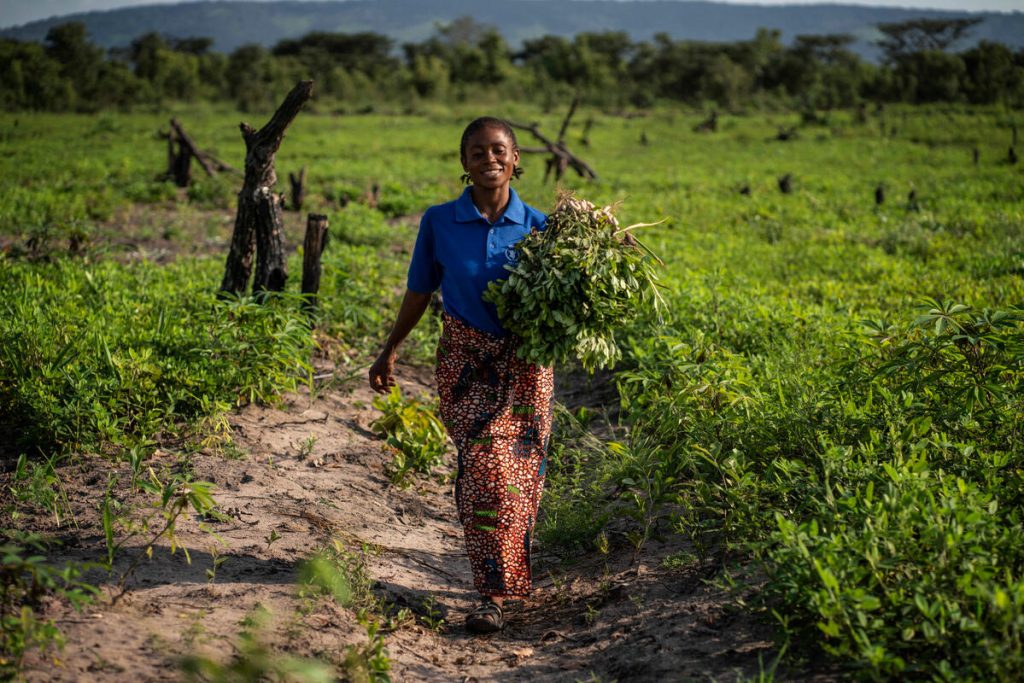
More than ever before, global food systems are disrupted by recurring and new conflicts, economic shocks and climate variability, among other stressors. With the onset of the COVID-19 pandemic in 2019, global food insecurity and malnutrition rates have steadily increased. The current situation reminds us that building community resilience to transform the world’s food systems is an environmental, social and economic imperative.
To achieve such an urgent transformation, innovation across and throughout food systems is required. Improving collaboration, involving vulnerable groups, creating partnerships and ecosystems, making the best use of data, as well as incorporating new technologies with traditional knowledge are all central to this process.
Small-scale farmers, herders, fishers, forest dwellers, food value chain workers and their families are key agents to the achievement of sustainable development, as they provide over 80 percent of the food consumed in the majority of the developing world. At the same time, they are often among the world’s poorest and most food insecure as they struggle to access technologies, skills and financing that would enable them to adapt and transform to become key agents of change.
Furthermore, rural youth face many hurdles in trying to earn a livelihood. Young people account for a large percentage of the rural population in Africa, and are often unemployed or underemployed, despite the obvious need for a labour force in agriculture. They do not perceive agriculture as a profitable or prestigious profession. Until they find meaningful economic opportunities and attractive environments in rural areas, they will continue to migrate to cities.
This trend not only contributes to the emerging phenomenon of over-urbanization and growing unemployment in urban areas, but it is also expected to affect global food production. Against this scenario, investing in young people living in rural areas becomes vital to enhance agricultural productivity, boost rural economies and ensure food security.
While we know that investing in agriculture and rural livelihoods is strategic and seven to ten times more cost-effective than traditional assistance, currently only eight percent of all food security funding in emergencies goes to assist agricultural production. This must change. Beyond food security emergencies, we know that transformation of agrifood systems is one of the most powerful tools to achieve SDG 2, Zero Hunger. Indeed, the agriculture sector accounts for one-third of the global gross domestic product and provides a source of livelihood for 40 percent of today’s global population.
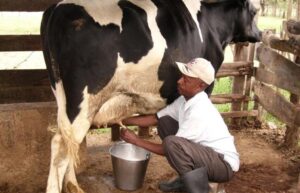

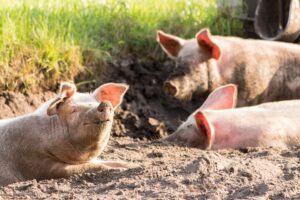
A high-performing and inclusive agrifood system is a solution to tackle world hunger, accelerate recovery from the COVID-19 pandemic, create resilient jobs, and reverse the devastating effects of climate change and loss of natural resources. WingFarm’s Community Resilience Program calls for the acceleration of at-scale investment in rural livelihoods. If we want to reduce poverty, contribute to healthy diets, promote One Health, reduce inequalities and have decent employment and environmental sustainability, we need to focus on agriculture and on rural areas.
Just $40 is enough to train 25 dairy farmers and provide our complete service bundle for an entire year.
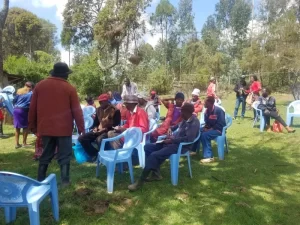
We are dedicated training and offering consultancy, in modern agriculture...
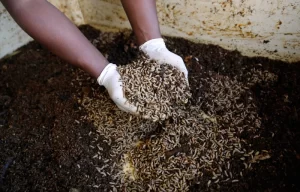
We offer free consultancy in farm waste management practices
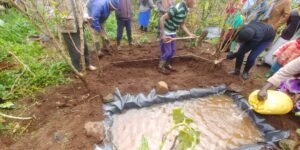
Youth participation in agriculture is vital in reducing poverty & hunger
Be part of a diverse community of people committed to regenerative agriculture to end poverty and hunger.
Wing Farm is a youth-run nonprofit organization helping farmers and young people end hunger and poverty through the adoption of modern agricultural practices.